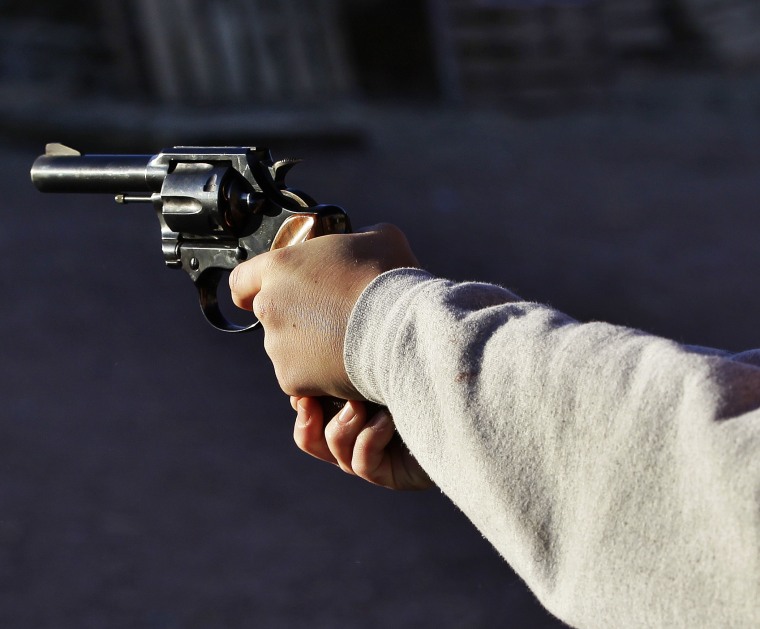In the aftermath of the massacre at Sandy Hook Elementary School last December, politicians, including President Obama, began a conversation about strengthening gun laws as a way of reducing the number of mass shootings in the country. A flurry of policy proposals, most notably a call for an assault-weapons ban from Sen. Dianne Feinstein, D-Calif., were slated for the Hill docket. But what chance do these proposals have of becoming law? Four bills are expected to be approved in committee Thursday, sending the debate to the full Senate. While the Judiciary Committee debates the bills, we decided to take stock of the legislative efforts to curb gun violence.
What will probably pass both the Senate and the House:
A Senate bill combating gun trafficking and straw purchasing, has two Republican co-sponsors in addition to its Democrat authors; it was approved in Committee Thursday morning 11-7, earning an additional Republican vote from the Judiciary Committee’s lead Republican, Sen. Charles Grassley. It will create a criminal statue with harsh punishments (maximum penalties of 15-25 years in prison) for trafficking or purchasing guns for others. A similar proposal has bipartisan support in the House.
What might pass in the Senate:
Sen. Barbara Boxer’s bill to bolster school security by allocating $40 million to grants and a new center for campus safety to provide information and resources on school safety is likely to pass through Committee, but hasn't been widely debated in the press. Critics say the bill is too expensive, but Boxer counters that "Congress spends hundreds of millions a year to protect its members. It can certainly spend $40 million a year to protect our children."
Sen. Chuck Schumer’s bill to close loopholes in background checks was perhaps the most promising meaningful reform, but it stumbled recently when it lost its top Republican sponsor, Sen. Tom Coburn, over the stipulation that private sellers would be required to keep a record of sales. Schumer’s aides said the provision was crucial to prosecuting straw purchasers and a bill without it would be “toothless.”
Coburn’s A-rating from the NRA and influence in the Senate would have ensured the bill’s passage in that chamber, but Schumer may yet find other high-ranking Republican sponsors and is already in talks with several pro-gun Senators to find ways to compromise. Coburn, speaking on Morning Joe, sounded optimistic that the parties would come to an agreement on background checks, though it seems unlikely he'll sponsor the bill. "I think we'll ultimately get there even though the outside groups aren't comfortable with it yet," Coburn said on Thursday’s Morning Joe. In the House, Majority Leader Eric Cantor has spoken favor of more background checks.
While background checks have seen wide support from Americans in polls, and some states are already trying to tighten up their laws, Georgia has proposed making it easier for the mentally ill to purchase and own weapons.
What is doomed:
Sen. Diane Feinstein’s assault weapons ban, that would ban future sales of 157 specific military-style assault weapons as well as ammunition magazines that hold more than 10 rounds, is harshly contested by Republicans and some Democrats and very unlikely to pass in the Senate in its current state. Some have tried to curb the bill's reach with amendments, like Sen. Cornyn, R-Tx, who called for exempting veterans from an assault weapons ban.
What the House is doing:
House Democrats have issued proposals on gun control that largely mirror the president’s, but Republican House leadership has maintained that it will wait for the Senate to act on gun control before it brings anything to a vote.
